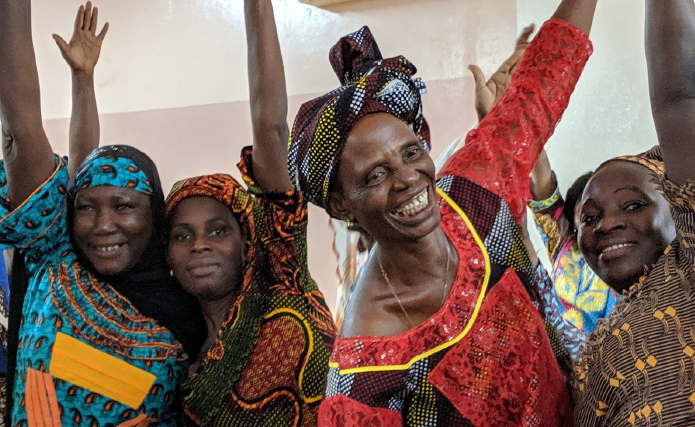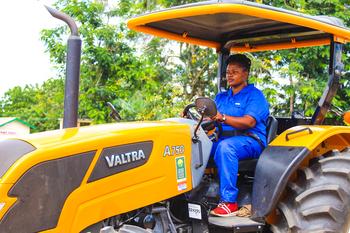Approach
In 2016, the African Union Commission (AUC) and the German Federal Ministry for Economic Cooperation and Development (BMZ) launched the Skills Initiative for Africa (SIFA) to improve employment prospects for young people and women in Africa. The Deutsche Gesellschaft für Internationale Zusammenarbeit (GIZ) GmbH is supporting the African Union Development Agency (AUDA-NEPAD) and the AUC in this context. Together, they are organising a continent-wide dialogue on employment-oriented skills development with the involvement of the African private sector. The project is gathering and disseminating tried-and-tested training approaches in African countries, thus improving the quality and relevance of skills development initiatives geared towards the labour market and enhancing access to these initiatives. The African Skills Portal for Youth Employment and Entrepreneurship (ASPYEE) and national, regional and continent-wide dialogue platforms such as Africa Creates Jobs (ACJ) enable exchange to take place both online and offline.
The Agricultural Technical Vocational Education and Training for Women (ATVET4W) project has extensive knowledge of gender-transformative approaches (critical analysis of gender norms and stereotypes to dismantle structural inequalities) in agricultural vocational education and training and is feeding this experience from six AU member states into the continent-wide dialogue. In the partner countries – Benin, Burkina Faso, Ghana, Kenya, Malawi and Togo – the project targets
- women who are already in formal vocational training,
- female smallholders who lack access to training and
- women who run small or micro businesses.
Key starting points in this project include
- promoting on-the-job training as part of formal training courses,
- job-oriented, non-formal training measures and
- cooperation between training providers and the private sector.
Business models and employment opportunities for women, such as the agribusiness course ‘Gender Makes Business Sense’, help to promote entrepreneurship through equal gender roles.
Results
The project has supported 22 partner institutions in introducing gender guidelines, making it easier for women to take advantage of training courses and preparing both women and men to successfully engage in the labour market.
In selected agricultural value chains, 38 training modules with great employment and earning potential have been developed and implemented.
Seventeen partner institutions offer gender-sensitive training programmes and are helping to make participants aware of the issue of equality, which has a positive effect on their employment prospects. Ninety-seven per cent of the employers surveyed confirmed that those who underwent training in the workplace could be employed immediately. As of 2019, a total of 13,900 people had already taken part in training and continuing professional development programmes.
Six partner countries have introduced gender-transformative initiatives. Ghana has developed its first training programme for tractor operation and maintenance specifically for women (Women in the Driving Seat). In Burkina Faso, women from rural areas can find out about their rights concerning access to land, education and training, and funding opportunities through a campaign to exchange knowledge and represent their interests. This campaign is also designed to convince men of the advantages of empowering women.
Latest update: October 2020

